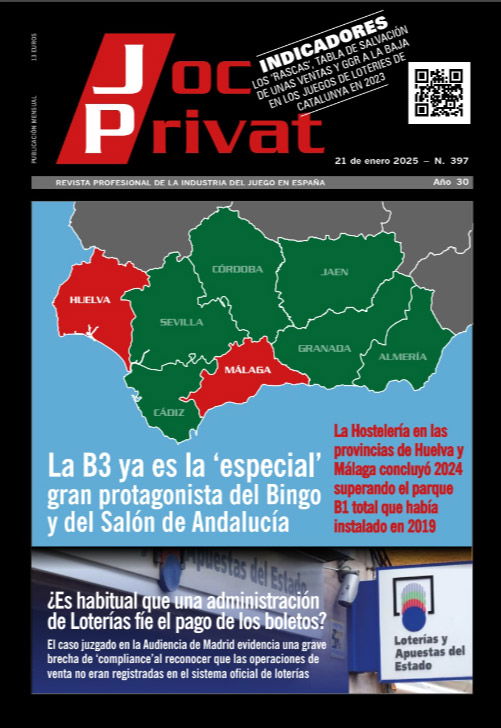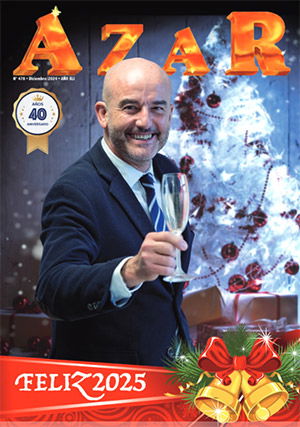Florida House bill poses a major threat to Thoroughbred racing by decoupling casinos from live racing

Florida’s horse racing industry was dealt a major blow after the House Industries and Professional Activities Subcommittee approved a bill on Wednesday that could mean the end of live Thoroughbred racing at Gulfstream Park.
The proposed legislation, House Bill 105, passed with a 12-4 vote and would decouple slot machine casinos from live racing for Thoroughbred tracks. This move means racetracks could operate casinos without being required to host a minimum number of live races, which some predict will bring an end to racing at Gulfstream Park.
The bill has been referred to the Florida House Commerce Committee, though it has not yet been scheduled for a vote there, according to Paulick Report. Tampa Bay Downs, the state's other Thoroughbred venue, currently operates a cardroom but not a slots casino.
Rep. Adam Anderson (R-District 57), author of the bill, argued that the change aligns the Thoroughbred industry with other sectors, such as Standardbred, Quarter Horse, and jai alai, which were decoupled in 2021. Greyhound racing was banned statewide through a referendum. He remarked tracks could still hold races if they chose so.
Jeff Johnston, a lobbyist for Gulfstream Park, said the track's owner, 1/ST, plans to continue racing despite earlier comments suggesting it could end racing before 2028. He stressed that the bill does not eliminate racing, just separates it from the casino operations
Meanwhile, opponents of the bill, including trainer Jena Antonucci, Florida Thoroughbred Breeders’ and Owners’ Association CEO Lonny Powell, and Tampa Bay HBPA Vice-President Jan Meehan, warned that decoupling could devastate Florida’s Thoroughbred industry.
Powell predicted that uncertainty over racing’s future would cause a sharp decline in the state’s foal crop by 2026. Antonucci, the first woman to train a Triple Crown race winner, also called the potential loss of Gulfstream Park as a racing hub "mind-numbing."
Rep. Yvonne Hayes Hinson (D-District 21) was the only committee member to defend the Thoroughbred industry, highlighting its economic impact on Marion County. She was one of the four members who voted against the bill.
Other committee members, including Rep. Toby Overdorf (R-District 85), urged the industry to prove racing in Florida has a future. "You have a commitment in front of you that is 400 race [dates] over the next two years," he said. "I think you have a unique opportunity with this committee to prove that Thoroughbred racing is here to stay."
In response to the vote, Powell issued a statement condemning the bill, warning that decoupling could jeopardize Florida’s $3.24 billion Thoroughbred industry.
“Thoroughbred racing isn’t just a sport in Florida — it’s a way of life, deeply embedded in our state’s history and agricultural heritage,” Powell said, urging lawmakers to oppose the bill and protect the jobs, families, and traditions that support the industry.

















































